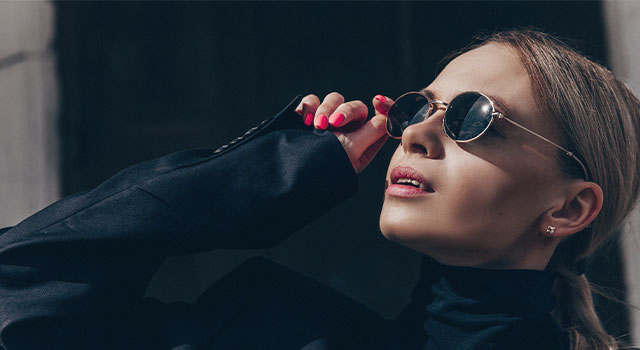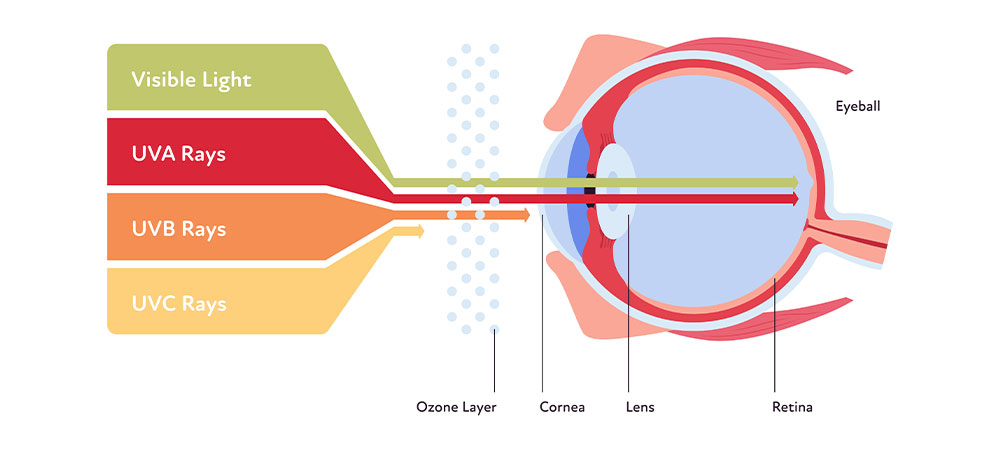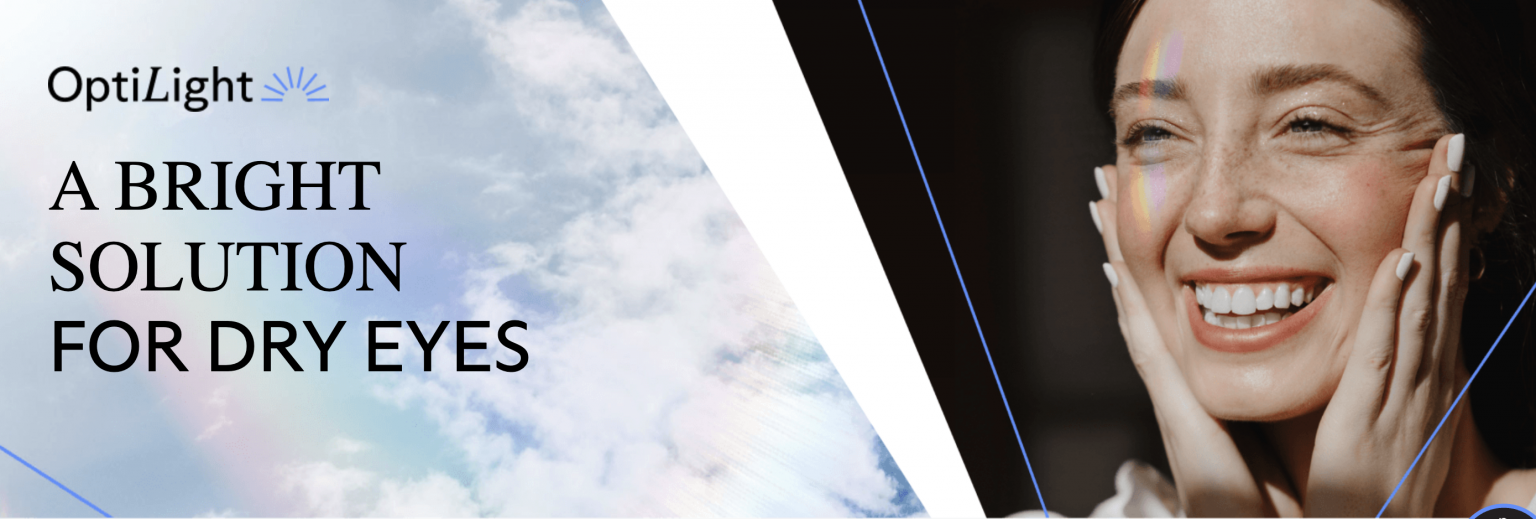 We all know how important it is to protect your skin from the sun, but have you ever thought about protecting your eyes? UV rays can be just as damaging to your eyes, especially in Murrysville where the sun can be quite harsh. Let’s look at why UV protection for your eyes is important. But first, what exactly are UV rays?
We all know how important it is to protect your skin from the sun, but have you ever thought about protecting your eyes? UV rays can be just as damaging to your eyes, especially in Murrysville where the sun can be quite harsh. Let’s look at why UV protection for your eyes is important. But first, what exactly are UV rays?
What are UV Rays?
UV stands for ultraviolet, which is a type of electromagnetic radiation that comes from the sun. UV radiation is present in sunlight, but it is invisible to the human eye. There are three UV rays classifications: UVA, UVB, and UVC. UVC rays are the most dangerous, but the earth's atmosphere absorbs them, and they do not reach the ground. UVA and UVB rays, on the other hand, can cause damage to our skin and eyes.
The Effects of UV on your Eyes
All eye structures deteriorate with UV exposure. Chronic UV exposure can result in macular degeneration, cataracts, and corneal damage, all of which can impair vision.
- Cataracts cloud the eye's lens, leading to blurry vision and, in severe cases, blindness. A recent study showed that UV light can harm lens proteins in a specific way (called glycation) that is often observed in cells that have undergone oxidative stress or have developed cataracts.
- Macular degeneration is a condition that affects the retina, causing a loss of central vision. Age-related macular degeneration is influenced by oxidative stress and repetitive UV exposure.
- Photokeratitis, or "snow blindness," is a painful eye condition caused by exposure to bright sunlight or reflected sunlight from water, sand, or snow.
Protecting Your Eyes from UV
The good news is that many ways to protect your eyes from UV radiation exist. Here are five tips to take note of:
1. Wear sunglasses
Sunglasses are a great way to protect your eyes from UV radiation when outside. Always wear your sunglasses while driving because car windows don’t provide sufficient protection against UV radiation. Look for sunglasses that offer 100% UV protection, and make sure they fit well and cover your eyes completely.
2. Wear a hat
Wearing a hat with a brim can provide additional protection for your eyes and face. Avoid peak sunlight hours. The sun's UV rays are strongest between 10 am and 4 pm, so try to avoid being outside for long periods during these times.
3. Use UV-blocking contact lenses
If you wear contact lenses, consider using UV-blocking lenses. They cannot replace protective UV-absorbing eyewear but can be used for additional protection.
4. Use UV-blocking eye drops
There are also eye drops available with UV-blocking properties. Similar to the previously-mentioned contact lenses, studies show that these eye drops can only provide additional protection. Use them in conjunction with sunglasses or a hat.
5. Don’t Stare
Avoid staring directly into the sun. The light-sensitive layer of cells in the back of the eye required for central vision called the retina, can become damaged by direct sunlight exposure.
UV radiation is a real threat to our eyes, and it's important to take steps to protect ourselves from it. As always, better to prevent than to cure.
Get More Info On UV Eye Protection
If you're concerned about the effects of UV radiation on your eyes, visit Ives Eyecare Center in Murrysville about additional steps you can take to protect yourself.


